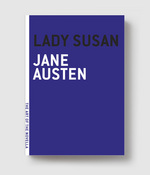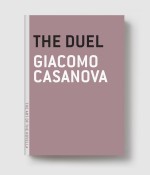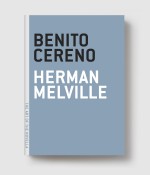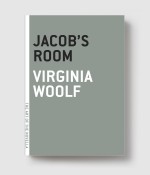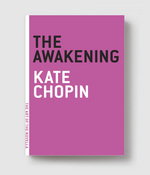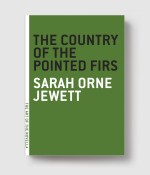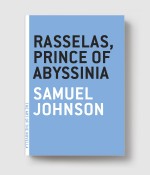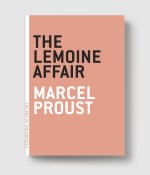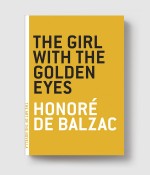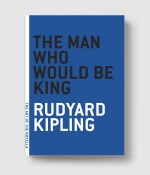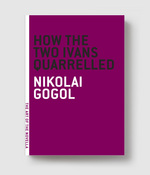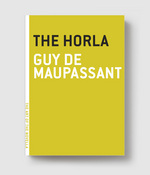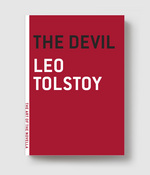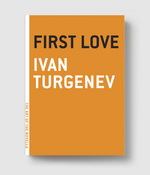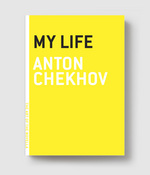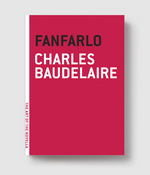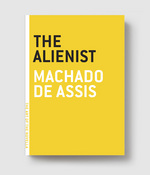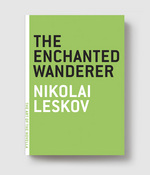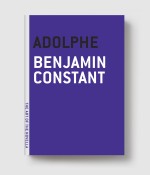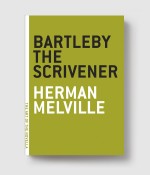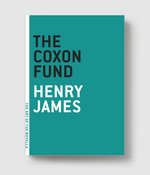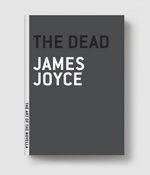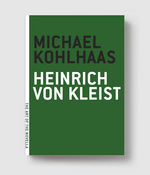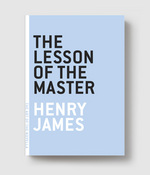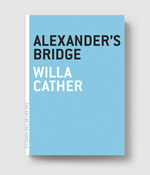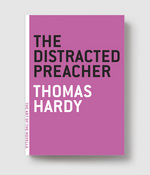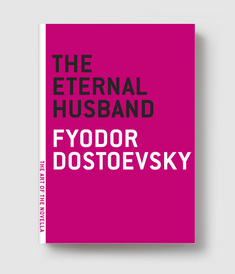
List price: $10.00
- Pages224
- ISBN9780976140733
- Publication dateApril, 2005
- Categories
- Booksellers
- Media
- Academics & Librarians
The Eternal Husband
Fyodor Dostoevsky
Part of The Art of the Novella
“The most monstrous monster is the monster with noble feelings.”
This remarkably edgy and suspenseful tale shows that, despite being better known for his voluminous and sprawling novels, Fyodor Dostoevsky was a master of the more tightly-focused form of the novella.
The Eternal Husband may, in fact, constitute his most classically-shaped composition, with his most devilish plot: a man answers a late-night knock on the door to find himself in a tense and puzzling confrontation with the husband of a former lover—but it isn’t clear if the husband knows about the affair. What follows is one of the most beautiful and piercing considerations ever written about the dualities of love: a dazzling psychological duel between the two men over knowledge they may or may not share, bringing them both to a shattering conclusion.

